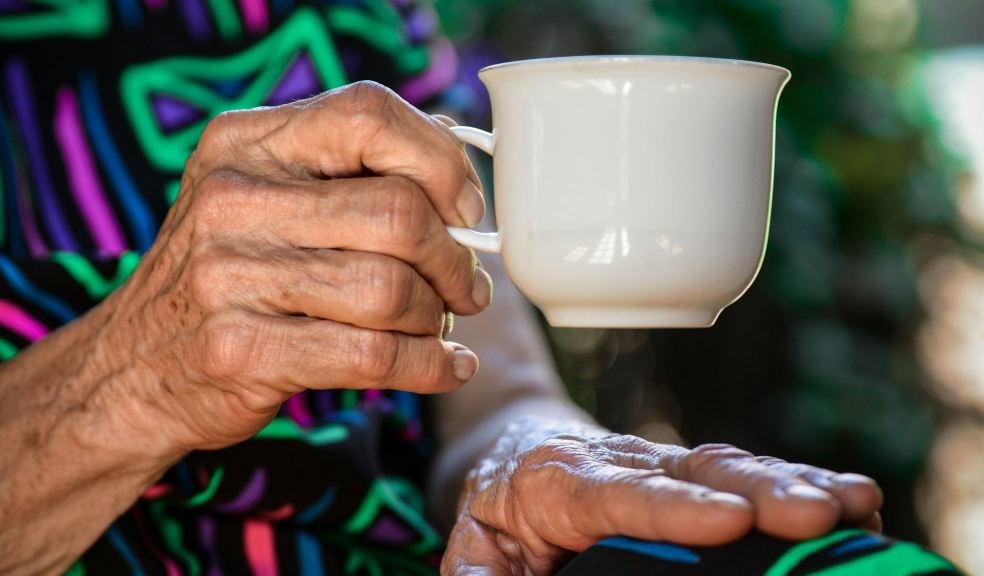
Reasons Why Moving Into a Care Home Can Be a Positive Thing
Moving into a care home is often met with apprehension, largely due to the stigma that surrounds it. However, there are numerous reasons why such a change can be a positive and enriching experience. Embracing a care home can offer a wealth of benefits that contribute to a better quality of life, safety, and overall well-being.
Enhanced Safety and Security
One of the most significant advantages of moving into a care home is the increased safety and security it provides. Modern care homes are designed with elderly residents in mind, featuring modifications such as grab rails, non-slip flooring, and emergency call systems. These features significantly reduce the risk of accidents and falls, which are common concerns for older adults living alone. Additionally, 24/7 staff presence ensures that immediate assistance is available in case of emergencies, giving peace of mind for both residents and their families.
Access to Professional Healthcare
Care homes like morriscare.co.uk offer the benefit of regular, professional healthcare. Residents often have access to on-site medical professionals, including nurses and doctors, who can manage chronic conditions, administer medications, and provide routine health checkups. This continuous healthcare support is crucial for managing complex medical needs, which can be difficult for people living independently. Moreover, care homes frequently coordinate with external healthcare providers to ensure comprehensive and personalised medical care.
Social Engagement and Companionship
Social isolation can be a huge issue for seniors living alone. Care homes foster a vibrant community where residents can interact and form meaningful relationships. Scheduled social activities, group outings, and communal dining provide ample opportunities for residents to engage with others. This social interaction can be immensely beneficial for mental health, reducing feelings of loneliness and contributing to a more active and fulfilling lifestyle.
Support with Daily Living Activities
Daily living activities can become increasingly challenging with age. Care homes offer assistance with various tasks such as bathing, dressing, and meal preparation, which can alleviate the stress and difficulty of managing these activities independently. This support allows residents to focus on enjoying life rather than struggling with routine tasks. By outsourcing these responsibilities to trained staff, elderly people can experience a higher quality of life without the physical and emotional strain of managing them alone.
Opportunities for Personal Growth and Learning
Many care homes provide opportunities for personal enrichment and learning. Residents might participate in educational workshops, art classes, or fitness programmes tailored to their interests and abilities. These activities not only stimulate cognitive function but also encourage personal growth and a sense of accomplishment. Engaging in new hobbies or revisiting old ones can bring joy and a sense of purpose, enhancing overall well-being.
Stress Relief for Families
For families, knowing that their loved ones are in a care home can significantly reduce stress and worry. Care homes relieve family members of the demanding responsibilities of caregiving, allowing them to concentrate on spending quality time with their loved ones instead of managing daily care needs. This shift can improve family dynamics and ensure that relationships are centred around positive interactions rather than caregiving duties.
Customised Care Plans
Care homes often provide tailored care plans designed to fit the specific needs of each resident. These personalised plans ensure that individuals receive care that’s appropriate for their health conditions and preferences. Whether it’s specialised dietary needs, mobility assistance, or cognitive support, customised care plans help to maintain a high standard of living and ensure that each resident’s unique needs are addressed.











